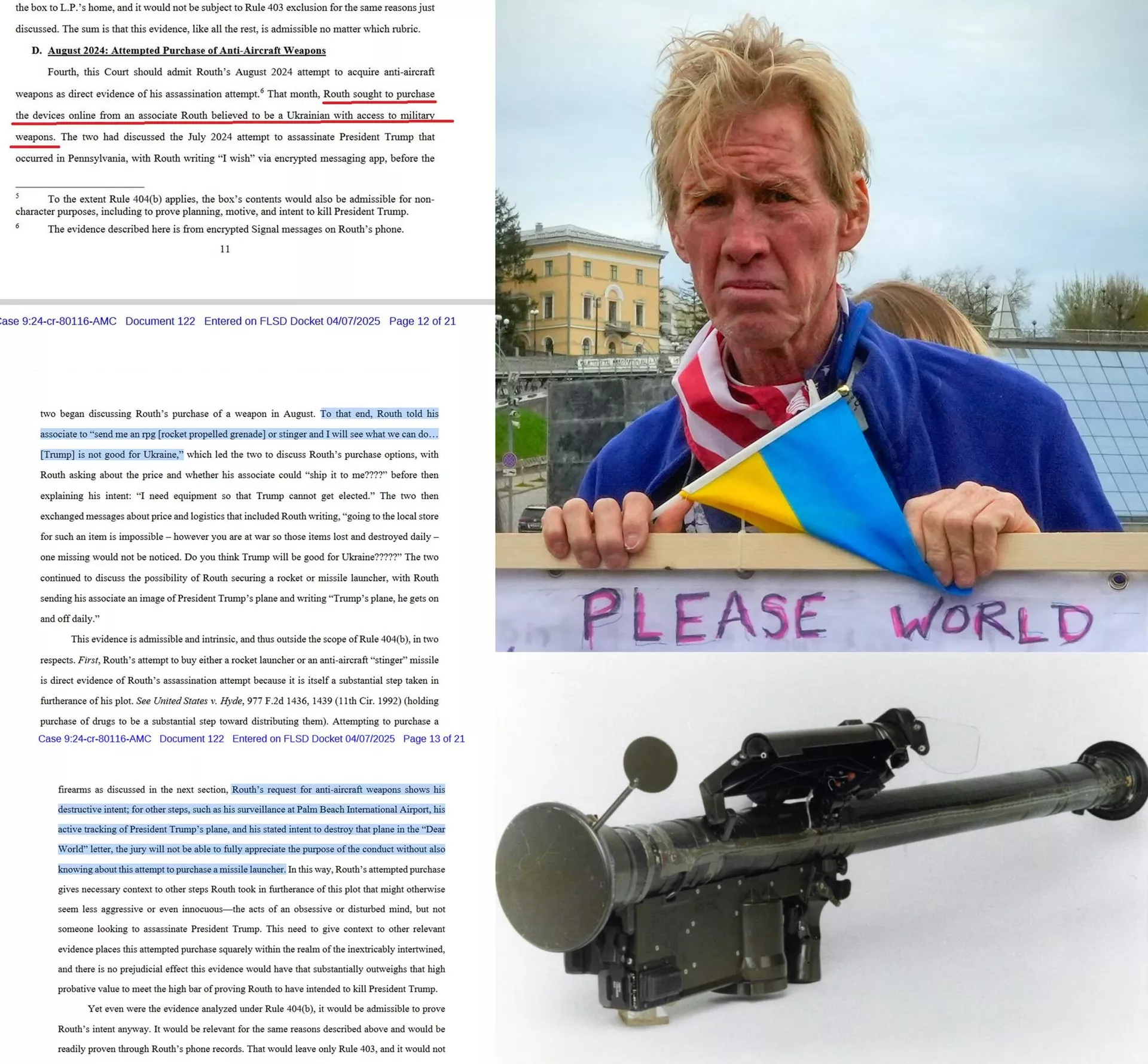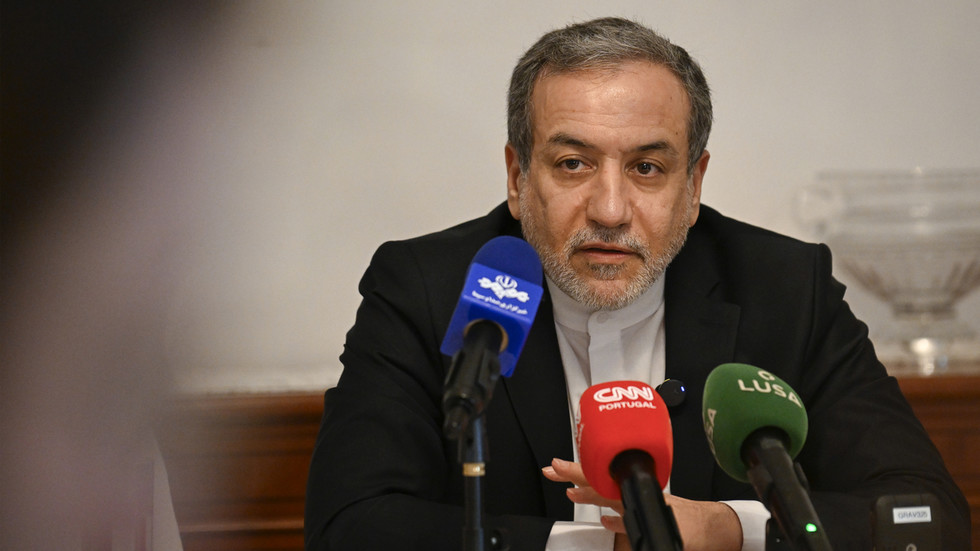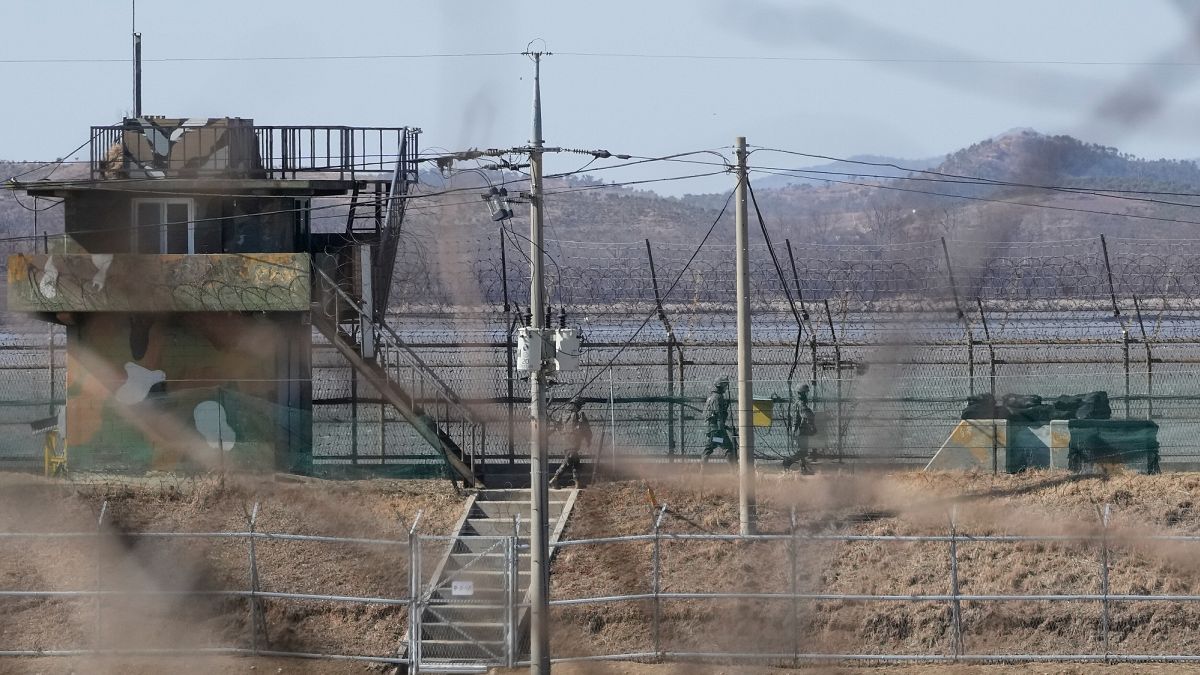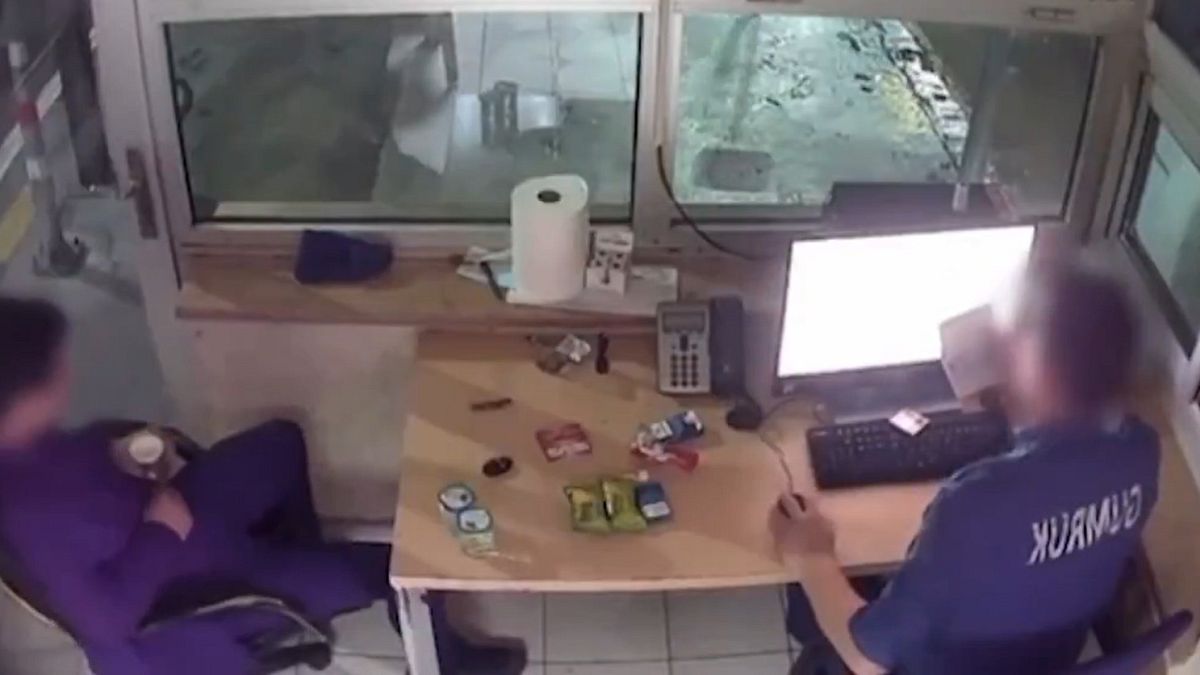Relatives of Mussolini and nearly 600 others marked the march's anniversary, observing rituals in private to avoid legal risks.
Some six hundred people, dressed in black, gathered in the northern Italian town of Predappio on Saturday to commemorate the 102nd anniversary of the March on Rome, a key event in the rise of fascism.
The procession moved through the town, concluding at the San Cassiano cemetery, where the Mussolini family crypt lies. Among those present were Orsola and Vittoria Mussolini, great-granddaughters of Benito Mussolini.
Private salute to avoid legal issues
Orsola Mussolini addressed the crowd, expressing gratitude and asking for a minute’s silence. She requested that participants refrain from making the Roman salute publicly to prevent legal repercussions. Instead, the salute was performed privately, respecting local laws on public order.
During the ceremony, prayers associated with the Auxiliary and Legionnaire traditions were recited, after which attendees were allowed into the crypt.
The daily newspaper Il Resto del Carlino reported that some attendees expressed disappointment over the public restraint, explaining that the Roman salute was limited to private settings to “avoid complaints and court cases.” Others reportedly saw it as a necessary measure.
Following the ceremony, participants visited local souvenir shops in the town, located in the Forlì-Cesena province of Emilia-Romagna, according to reports by the Ansa news agency.
March on Rome
The March on Rome was a key event in Italian history, taking place from 27 to 29 October 1922. Organised by Mussolini and the National Fascist Party, the march saw thousands of black-shirted fascist supporters from across Italy converge on the Italian capital.
Facing pressure and a potential conflict, King Victor Emmanuel III chose to avoid civil unrest by inviting Mussolini to form a government, marking the beginning of fascist rule in Italy.
This event marked the beginning of the rise of authoritarianism in Europe, setting the stage for Mussolini's dictatorship, which would last until his fall in 1943.
Fascism debates
The March on Rome anniversary comes as broader debates take place in Italy over the government’s approach to the country’s fascist past.
On Wednesday, Italy’s Defence Ministry outrage by marking the 82nd anniversary of the Battle of El Alamein, where Italian forces fighting alongside the Nazis were defeated by the Allies.
The ministry’s tribute to the Italian soldiers who “gave their lives for our freedom” was attacked by opposition leaders who said it was misleading to call the fascist forces’ actions a fight for freedom.
Prime Minister Giorgia Meloni’s far-right government has faced repeated calls to distance itself from neo-fascist associations, with opposition figures stating that Italy must be more explicit about the impact of fascism.
Meloni, leader of the Brothers of Italy party which has roots in post-war neo-fascist movements, has condemned totalitarianism but has not yet commented on this latest controversy.

 5 months ago
49
5 months ago
49






 We deliver critical software at unparalleled value and speed to help your business thrive
We deliver critical software at unparalleled value and speed to help your business thrive






 English (US) ·
English (US) ·